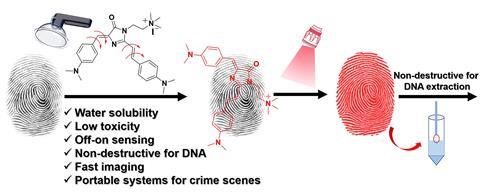Over time, the translation movement stated by the ‘Abbāsid Caliph al-Manṣūr (714–775) translated a large part of the works of Aristotle into Arabic. His philosophy was warmly welcomed by the Islamic philosophers, who didn’t just read it but analysed it with great care and wrote long and deep commentaries on it. The works of Aristotle were from […]
Read More








